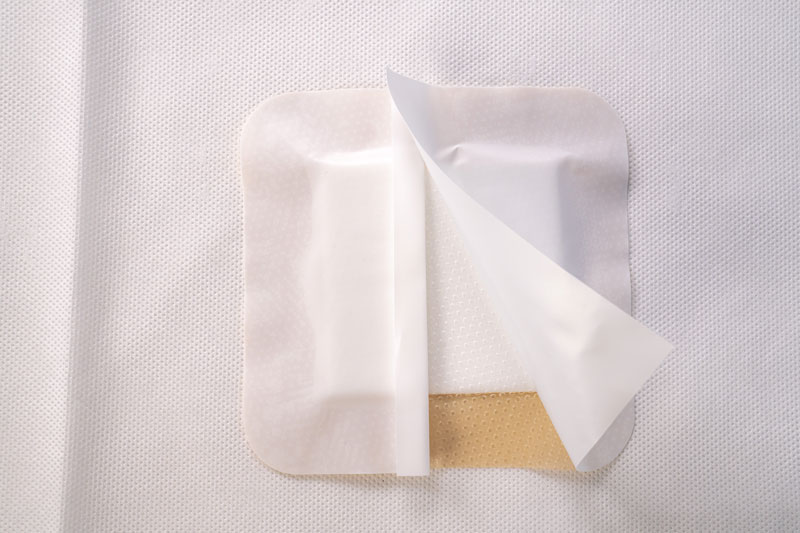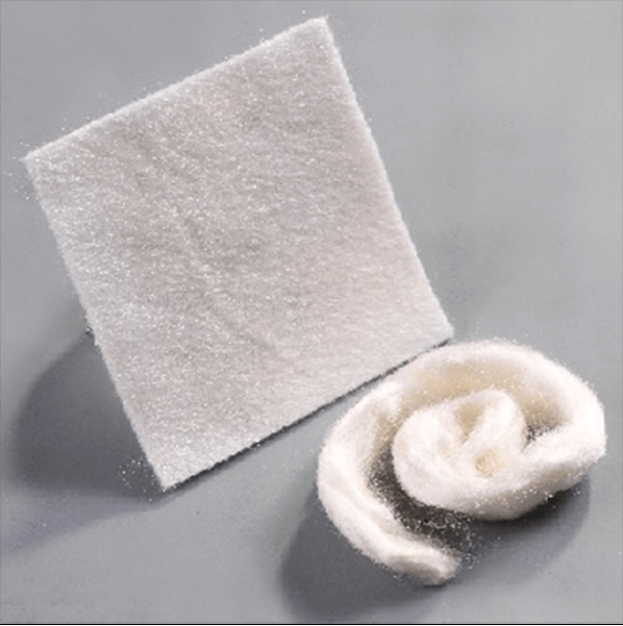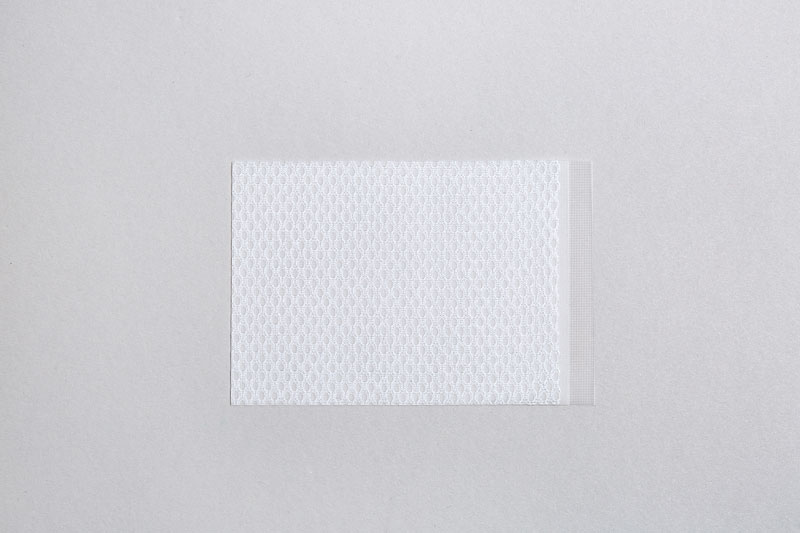08/05/2024
ByWinner Medical
 799
799

Burns are common injuries to the skin or tissues caused by high-temperature objects in daily life. They may not only trigger inflammatory reactions but can also lead to permanent skin damage in severe cases.
Effective burn care aims to swiftly restore skin integrity, protecting the vulnerable wound from external threats during recovery. Advanced wound dressings tailored to each case’s unique needs play a vital role in securing wounds and absorbing exudate to support the body’s repair processes.
This guide outlines evaluating burn severity and applying the appropriate advanced wound dressings at each recovery stage to optimize outcomes for patients enduring this painful condition.

Burn Assessment and Grade Treatment
Effective burn management begins with an accurate assessment. Classifying injury severity according to depth and surface area affected helps choose advanced wound dressings.
The following are various burn degrees and their unique clinical features:
1. First-degree Burns
This type of burn involves only the epidermis or the top layer of the skin. Common first-degree burns include mild peeling sunburns or short-contact cooking burns from hot surfaces that cause redness and pain but do not blister.
A. Clinical Performance
Signs include redness, slight swelling, and pain localized to the burn site. These burns are typically treated at home and heal within a few days without scarring.
B. Treatment Principle
The goals for managing first-degree burns include relieving pain and burning sensations at the wound site and preventing potential infection during the rapid recovery period.
C. Clinical Treatment
For wound cleaning, using normal saline or medical alcohol can disinfect and reduce patients’ burning sensation. Hydrogel impregnated gauze and pad solutions help relieve pain and protect the wound.
Moreover, advanced wound dressings like Winner silicone foam lite dressings, hydrocolloid dressings, non-woven wound dressings, and transparent wound dressings with pads can help protect the sensitive wound and accelerate healing. If patients are still worried about leaving scars, they can also use Winner silicone scar repair sheet or silicone scar gel.
2. Superficial Second-degree Burns
These burns penetrate into the dermis or the second layer of skin. They cause blisters on the epidermis and are more painful.
A. Clinical Performance
Signs include blistering of the epidermis layer, serious pain, redness, and swelling. It usually takes approximately 10–14 days to heal. Mild to moderate scarring can result from damage to dermal skin layers.
B. Treatment Principle
Key priorities are preventing infection, protecting the forming new epidermal layer from trauma, and managing any exudate from the burn wound bed.
C. Clinical Treatment
Firstly, to clean, remove necrotic tissue, and disinfect the wound, gently wash with saline while taking care not to rupture blisters. Patients can also use Winner hydrogel wound dressings or PHMB skin and wound cleanser for wound protection and infection control.
Secondly, use protective burn wound care dressings such as Winner silicone foam lite dressings, hydrocolloid dressings, or transparent wound dressings with pads. They can not only provide a moist healing environment but also absorb a certain amount of exudate.
Thirdly, scarring may be reduced by applying advanced wound dressings like Winner silicone scar repair sheet or silicone scar gel once fully healed.
3. Deep Second-degree Burns
Deep, partial-thickness burns penetrate into both epidermal and deeper dermal layers, presenting a serious injury risk.
A. Clinical Performance
Signs include deep damage to the skin layers below the epidermis. This type of burn needs skin grafting, which is a surgery that removes injured skin and replaces it with healthy skin from another body location. It can leave severe scars.
B. Treatment Principle
Priorities are controlling infection, protecting the burn wound to aid healing, and managing exudate well.
C. Clinical Treatment
Thorough and gentle cleaning is essential. Patients can use saline, hydrogel impregnated gauze, or PHMB skin and wound cleanser. It also helps remove necrotic tissue without further infection.
Antimicrobial advanced wound dressing solutions like Winner CMC gelling fiber dressings, silver alginate dressings, silver gelling fiber dressing extra, and collagen wound dressings help prevent infection.
For wound cover, applying the Winner silicone wound contact layer and collagen wound dressings is helpful in providing a moist wound healing environment.
Exudate control dressings such as Winner foam dressings, super absorbent dressings, and activated carbon super absorbent dressings manage exudate within the wound bed.
For scar repair, advanced wound dressings like Winner silicone scar repair sheets or silicone scar gel can help.

Continuous Care and Monitoring of Burns
While initial treatment sets the stage, ongoing care and monitoring are equally key to guiding burn recovery. The following are essential considerations when regularly evaluating a patient’s condition and progress:
1. Dressing Replacement Frequency
The frequency of replacing advanced wound dressings depends on several factors based on the doctor's advice, such as types of dressing for burns, wound characteristics like exudate amount, and dressing integrity or effectiveness.
For example, for wounds with more exudate, it may be necessary to change advanced wound dressings more frequently to prevent infection.
2. Signs of Wound Healing
The signs of wound healing include the formation of new tissue and scabs and the gradual relief of swelling and pain. In addition, signs of infection that need to be vigilant include persistent redness and swelling, increased exudate and odor, and fever.
3. Psychological Treatment of Patients
Severe burn injuries commonly cause mental stress like anxiety, low self-esteem, or trauma. Families and healthcare providers should prioritize counseling to help patients cope with the emotional distress caused by burns. Moreover, the support of family and friends can also encourage patients.
4. Situations That Require Medical Intervention
Seeking prompt medical guidance is important if signs of infection arise, like worsening pain, spreading redness, fever, or purple or black areas appearing around the wound.
Winner Medical’s Burn Care Dressings
Winner Medical is at the forefront of medical wound care innovation. We offer comprehensive, advanced wound dressing and burn dressing lines. Burn treatment products like our hydrogel impregnated gauze and pads effectively relieve first-degree pain.
Hydrogel wound dressings and PHMB skin and wound cleansers safely remove necrotic tissue and protect against infection for all burn degrees.
Silicone foam dressings and super absorbent dressings securely protect wounds from trauma and absorb mild to moderate exudate. Scarring can be reduced using our silicone scar repair sheet and silicone scar gel. We have:
lStrong R&D teams dedicated to advanced solutions
lRigorous quality controls certified by several organizations
lMultiple factories facilitate mass, on-time delivery
lExport to multiple countries via the logistics network
lCustomization capabilities meet diverse healthcare needs

Conclusion
Effective burn care depends on an individualized approach guided by thorough assessments and tailored wound dressing for burns.
Winner Medical’s extensive experience and advanced wound dressing line support healthcare providers in step-by-step burn treatment. Visit our website to learn more about the best wound dressing for burns!